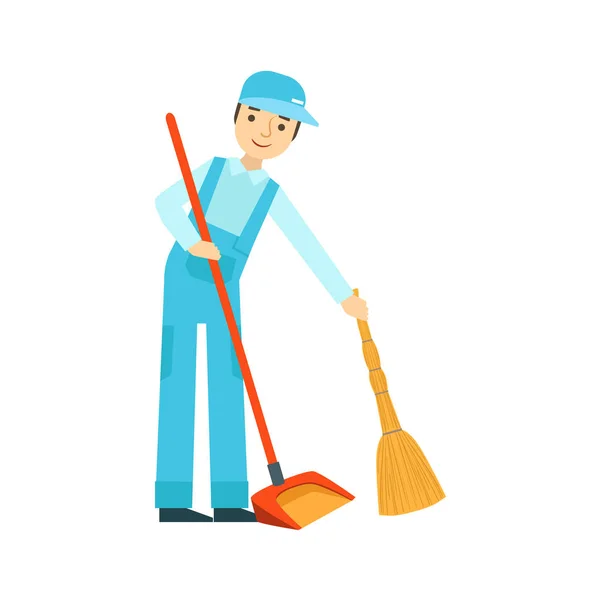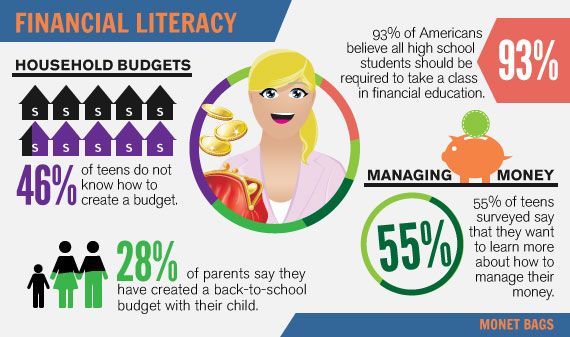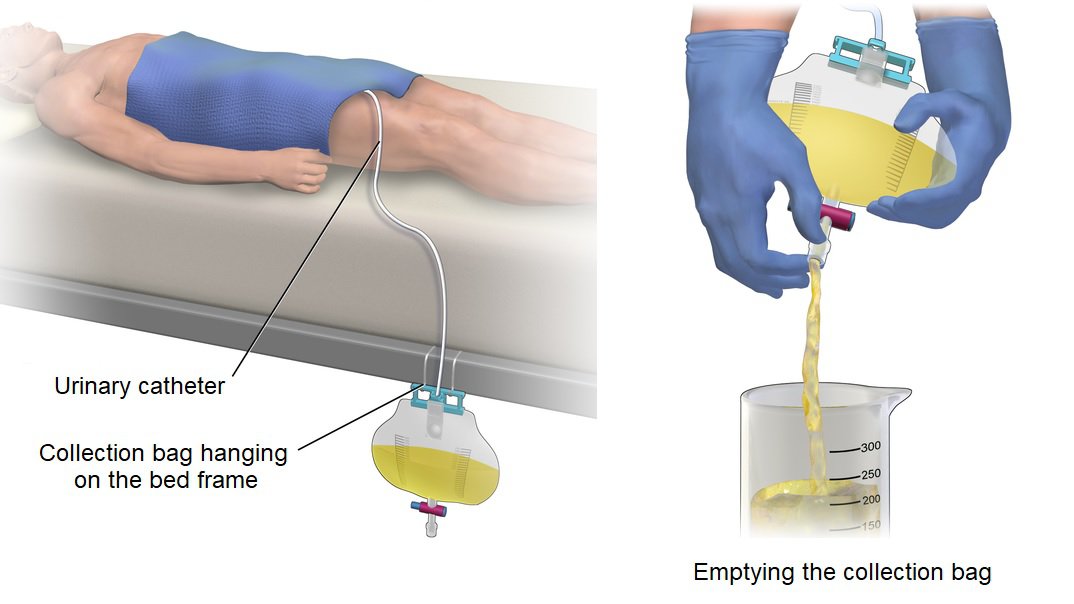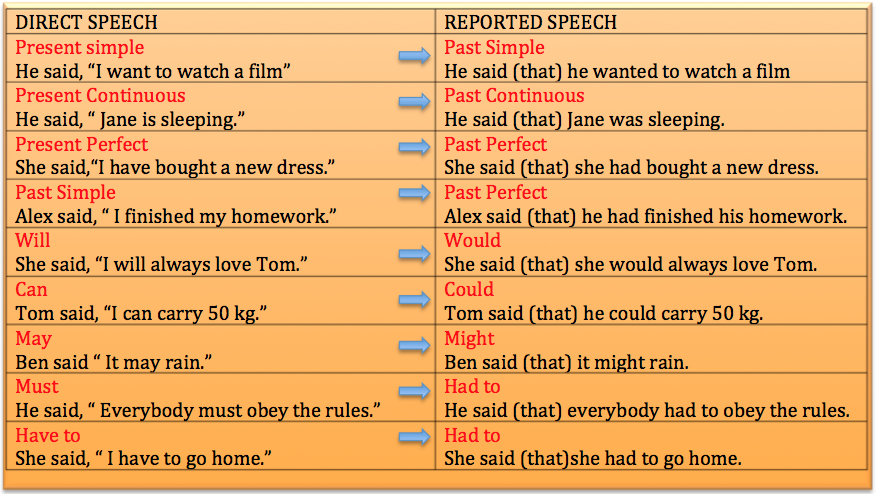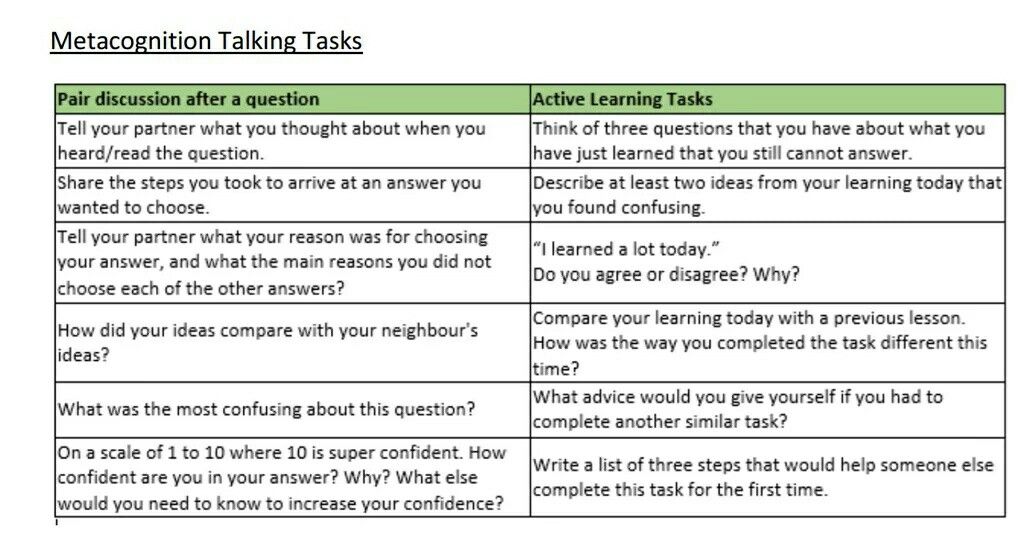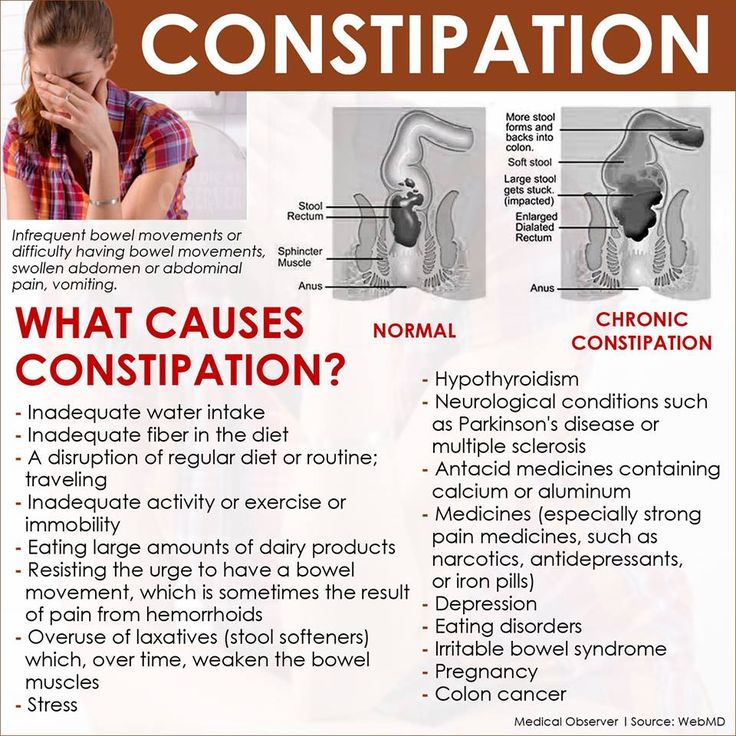How much does an autistic child get in ssi
SSI and Autism: How Much Does a Child with Autism Get?
When navigating how to best support their child, parents of children with autism are quite often confronted with an onslaught of concerns. Treatments, advocates, medical aid, therapy, and so on are only a few of the many available possibilities for improving the quality of life. Worrying if they can afford these options only adds to the stress. If your child has autism and you’re a parent, you should know that your child may be qualified for monthly payments from the Supplemental Security Income (SSI) program.
What is SSI?
SSI is a government program that provides financial assistance to low-income people and families with few other resources. SSI is available to children with disabilities (including autism spectrum disorder or ASD) so long as they fulfill the program’s medical eligibility and financial limit criteria.
Will my child with autism automatically be eligible for SSI payments?
Due to the spectrum nature of ASD, the degree to which a child experiences symptoms of autism is a significant factor in determining benefits. Children with autistic-like symptoms considered “less severe” may not be eligible for Social Security Disability Insurance benefits because their condition does not strictly conform to the Social Security Administration’s (SSA) definition of “disability.”
Children with autism who qualify for SSI must meet the following conditions:
- Limitations in social interaction and engagement ability
- Deficits in both verbal/nonverbal communication
- Extremely narrow, perseverative interests, routines, or habits
It is the responsibility of the parents to present medical evidence that their child experiences these symptoms. In addition, the child must have a significant limitation in at least two of the following areas:
- Having the capacity to comprehend, memorize, and apply information
- Cooperation with others (interactive play and with others, starting or maintaining conversations, navigating friendships and disagreements, and social cue comprehension)
- Focus (avoiding distractions during activities and completing tasks efficiently)
- Managing or adjusting to new circumstances (regulating emotions, controlling one’s behavior, protecting oneself from danger, and managing cleanliness/hygiene).

In addition to providing medical records to verify your child’s condition, financial documentation will be required for SSI applications. Paycheck stubs, benefit statements, bank statements, and other documents attesting to the existence of financial assets and resources are all viable examples.
How much can my child with autism receive for SSI?
Some children and their families get over $600 in SSI benefits each month. It is conditional on several factors, including your location. What defines acceptance, how much is paid out, and what resources are considered for eligibility vary from state to state. For more information on your state-specific details on supplemental security income for children with disabilities, please visit lawatlas.org, a digital resource for searching legal differences over time in all states. Please visit the SSA federal site here for general information on SSI for children.
SSI benefits and drawbacks for children with disabilities
If not for SSI, many disabled children would live below the poverty line.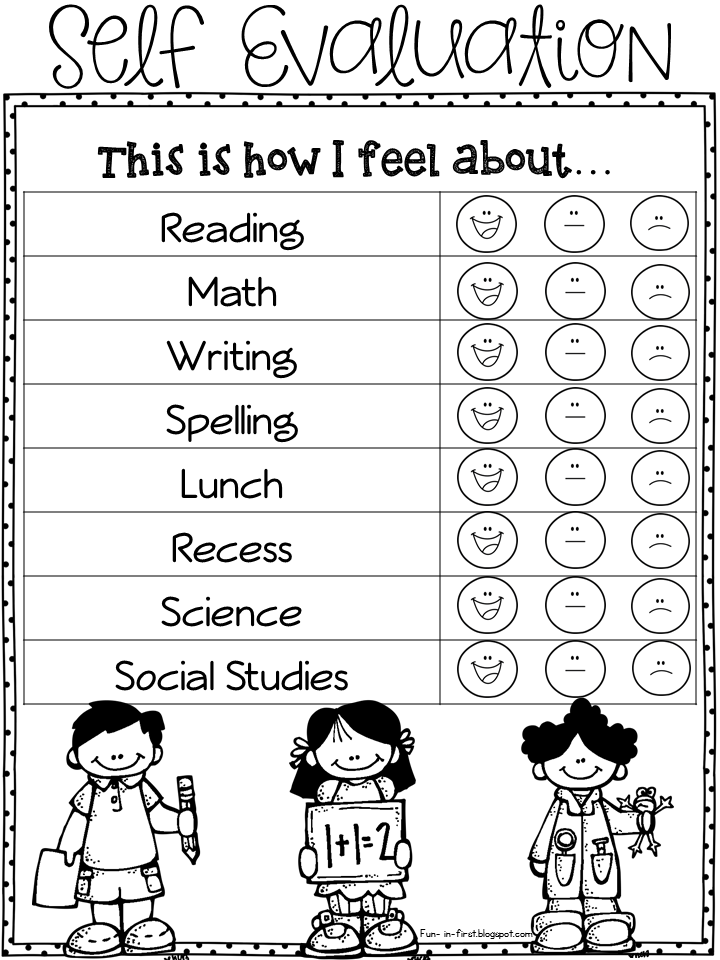 On average, SSI pays $650 monthly to each of the 1.2 million disabled children who receive benefits. 11 million American children have specific health care requirements, yet few fulfill SSI’s stringent qualifying criteria. Either their disabilities aren’t “severe enough,” or their families’ income and resources exceed the program’s low thresholds. Since SSI is a needs-based program, applicants must demonstrate that they have minimal income and financial resources available to cover basic living expenses and long-term care. Child applicants for SSI may not be approved if their family’s income is too high.
On average, SSI pays $650 monthly to each of the 1.2 million disabled children who receive benefits. 11 million American children have specific health care requirements, yet few fulfill SSI’s stringent qualifying criteria. Either their disabilities aren’t “severe enough,” or their families’ income and resources exceed the program’s low thresholds. Since SSI is a needs-based program, applicants must demonstrate that they have minimal income and financial resources available to cover basic living expenses and long-term care. Child applicants for SSI may not be approved if their family’s income is too high.
How will my child receive their payments?
If eligible, a parent is often designated as the payee for a child’s SSI benefits under Social Security legislation. Payees are accountable for managing and spending SSI benefits for the child’s benefit. Recipients of these benefits for children are required by Social Security to use those funds for the children’s “current maintenance,” which includes food, housing, clothes, medical treatment, and hygiene products.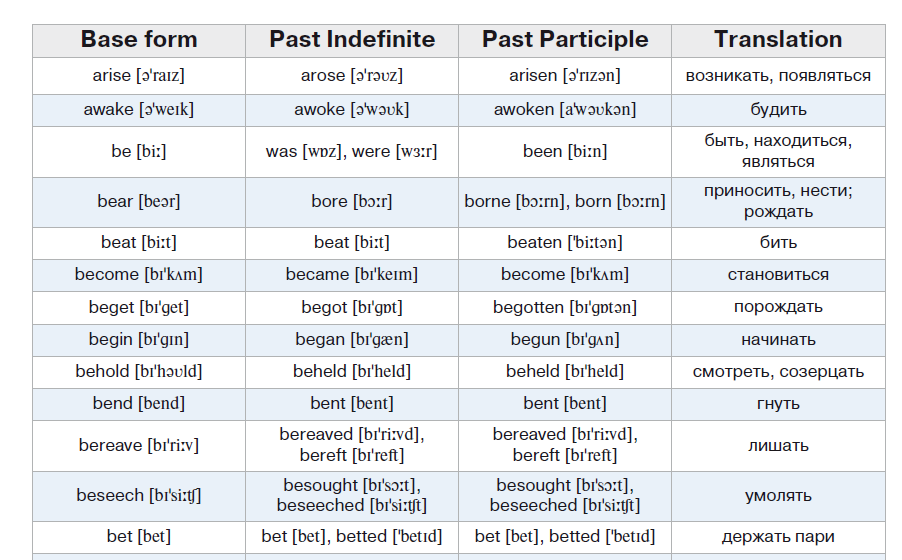
How much will my child’s potential monthly SSI benefit be?
Every SSI recipient’s monthly payment starts at a total benefit amount deemed by their state and is lowered by their “countable income.” The full federal monthly benefit is $841 (2022). Since a child with a disability is not likely to be able to support themselves financially, the SSA counts some of the parental income as helping the child. Both parents’ income and assets will be considered for deductions if they are married and live with the child. If a parent gets Temporary Assistance for Needy Families (TANF) or another kind of Public Income Maintenance (PIM) payment, and that PIM payment was calculated using the parent’s other income, then that parent’s income is not counted for deeming purposes. Whether or not the child’s income and resources are sufficient to qualify for a monthly SSI payment is determined after these adjustments have been made.
The “Deeming” Formula
The financial resources and income of a family with a child with ASD are determined after a thorough review of the family’s situation. The eligibility of a child for SSI benefits is not often determined by the child’s direct income or resources. The real issue is how much of a parent’s earnings and assets will be included as earnings “deemed” for the child. The SSA will use a formula for deeming family income to the child for each month, provided that either one or both parents’ income does not exceed the limit for the child’s eligibility. The amount of the child’s SSI benefit payment is based on the parent’s income and may change when the parent’s income changes.
The eligibility of a child for SSI benefits is not often determined by the child’s direct income or resources. The real issue is how much of a parent’s earnings and assets will be included as earnings “deemed” for the child. The SSA will use a formula for deeming family income to the child for each month, provided that either one or both parents’ income does not exceed the limit for the child’s eligibility. The amount of the child’s SSI benefit payment is based on the parent’s income and may change when the parent’s income changes.
Your income
To begin, SSA adds up both parents’ total gross income, including their wages and other sources of money they may have received. Some forms of income, such as food stamps, welfare payments, and tax refunds, are not considered for calculating Social Security benefits. For each child in the family who does not have a disability, Social Security removes a certain amount each month, first from any unearned income (such alimony) until there is none left over, and then from any earnings. The sum deducted here is the difference between an individual ($841) and a couple’s federal SSI allotment ($1261) for 2022. Subtracting $841 from $1261 results in a deduction of $420 per non-disabled child in the home.
The sum deducted here is the difference between an individual ($841) and a couple’s federal SSI allotment ($1261) for 2022. Subtracting $841 from $1261 results in a deduction of $420 per non-disabled child in the home.
Deductions
The following step is a $20 deduction from either the parents’ earned income or their total income if there is no unearned income. After that, Social Security takes $65 out of the parent’s earned income and cuts the remainder in half. If the child resides with just one parent, Social Security subtracts the federal SSI benefit rate ($841) for an individual. If the child lives with both parents or one parent and a stepparent, SSA deducts the rate for a couple ($1261). If more than one child with a disability receives benefits, Social Security will split the entire amount among them.
Stepparents’ income and child support
Depending on the circumstances, SSA may also consider the stepparent’s income and assets if the kid is cohabitating with that person (or an adoptive parent and a stepparent). This is also done while a student is away at school but is under their parents’ supervision while at home for the weekend, on vacation, or during the summer. This process also is referred to as deeming. While Social Security considers child support received on behalf of a disabled child to be unearned income, only two-thirds of the monthly amount is considered for determining eligibility for a disability subsidy. If the non-custodial parent fails to pay child support, this will not affect the kid’s SSI payment since Social Security only considers the child support received.
This is also done while a student is away at school but is under their parents’ supervision while at home for the weekend, on vacation, or during the summer. This process also is referred to as deeming. While Social Security considers child support received on behalf of a disabled child to be unearned income, only two-thirds of the monthly amount is considered for determining eligibility for a disability subsidy. If the non-custodial parent fails to pay child support, this will not affect the kid’s SSI payment since Social Security only considers the child support received.
The necessity of full-time caregiver might threaten a family’s financial stability. Parents are typically put under extreme stress due to the loss of one income and the cost of treatments and therapy. Even though the Social Security Administration (SSA) provides supplemental security income (SSI) to help families of disabled children, few parents are aware of this resource. SSI payments for a child with autism can be a lifesaver for low-income families if they meet the requirements. Talk to our experts at Apollo for more information about finding resources regarding SSI assistance for your child.
Talk to our experts at Apollo for more information about finding resources regarding SSI assistance for your child.
Child with Autism | SSI Benefits
June 27, 2022 / Maggie Gendel
We take a look at the requirements for the SSI benefits for children with autism and other key information. From financial requirements to starting a claim, find out what you need to know.
A diagnosis of autism spectrum disorder (ASD) is not just emotionally difficult for parents; it also means they may have to make big lifestyle changes. There are many therapies and treatments to assist children with autism, but in most cases, a parent or caretaker will need to tend to the child full-time.
This need for full-time care can lead to financial turmoil in a family, especially one that relies on a two-person income to support themselves. With the loss of one income and the expense of treatments and therapies, parents are often under enormous pressure.
Many parents don’t realize that the Social Security Administration (SSA) program offers supplemental security income (SSI) to support children with disabilities. If your family qualifies, autistic child SSI benefits can be a significant relief from financial pressure.
If your family qualifies, autistic child SSI benefits can be a significant relief from financial pressure.
The SSA offers monthly disability benefits to parents of children with disabilities. While most children with autism have no difficulty qualifying for the SSI benefits, there are some strict criteria, which we will cover in more detail below.
How To Qualify for the SSI Benefits ProgramIs autism a disability under social security? Yes, autism is considered a disability that is eligible for benefits, providing the correct requirements are met. The SSA’s Blue Book covers what conditions children with ASD must have to qualify for benefits.
To be eligible for SSI benefits, children with autism must have:
- Deficits in social interaction
- Deficits in verbal and nonverbal communication
- Significantly restricted, repetitive patterns of behavior, interests, or activities.
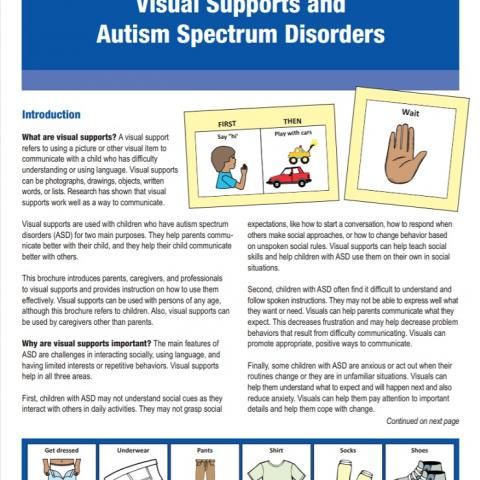
Parents must provide medical documentation to prove that their child has all three of the above deficits.
The child must also have an extreme limitation in one of these areas, or a severe limitation in two of these areas:
- Understanding, remembering, or using information (ability to learn, remember, and use information, follow instructions, solve problems, and use reason to make decisions)
- Interacting with others (ability to engage in interactive play, cooperate with others, maintain friendships, handle conflicts, initiate or sustain conversation, and understand social cues)
- Focusing on activities (ability to engage in activities at a consistent pace, avoid distractions, and complete tasks in a timely manner)
- Adapting or managing oneself (ability to regulate emotions, control behavior, protect oneself from harm, and maintain personal hygiene).
As mentioned above, parents must provide medical documentation to prove their child’s condition.
Financial limitations are the top reason why children with autism are denied SSI benefits. All parents with a child with autism that is under the age of 18 must meet the relevant financial requirements to access monthly benefits.
The SSA has an income cap that cannot be exceeded if a child is to qualify for SSI benefits. This cap increases with every adult that earns a wage, as well as the number of children in the household.
To prove that they qualify, parents must provide documentation such as a W-2 form or a federal tax return for each adult that earns a wage in the household.
How Much Does a Child with Autism Get From SSI?So, how much is a disability check for autism?
There isn’t a simple answer to this question because every child and their parents will be treated as an individual case, and this will impact how much they receive each month.
Currently, the full benefit amount is $841 a month.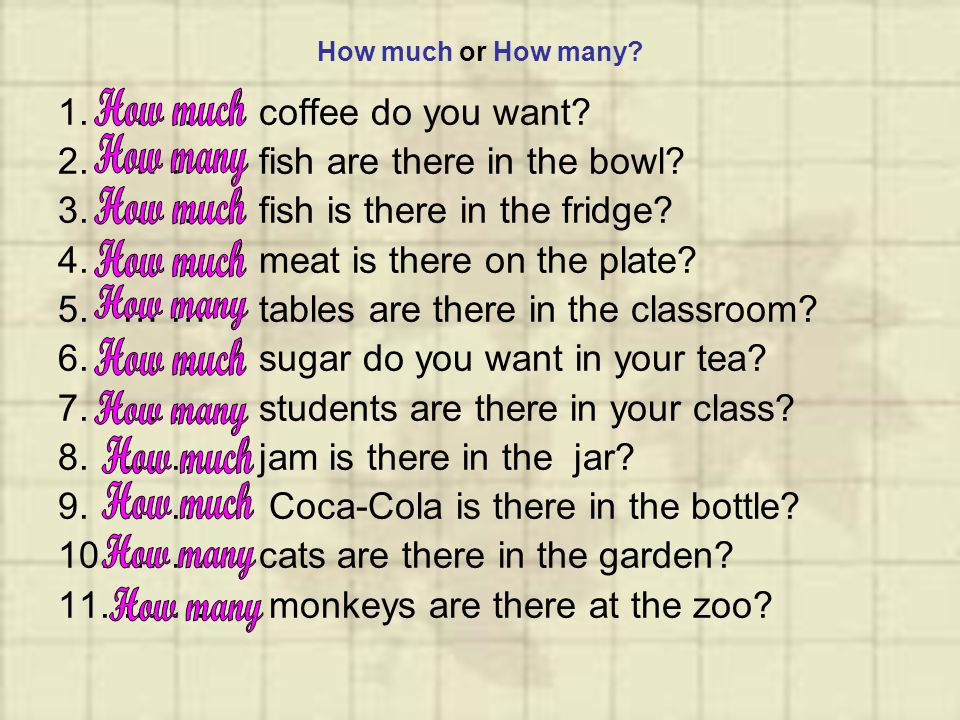 However, the SSA will then apply a formula to work out how much to deduct from this once the parents’ income has been considered.
However, the SSA will then apply a formula to work out how much to deduct from this once the parents’ income has been considered.
One of our biggest tips for parents is to get the claim for SSI benefits started as soon as possible. The process can take months, so it’s important to make an appointment at your local SSA office when you can.
To prepare for your appointment, read through the SSA’s Child Disability Starter Kit to find out the exact paperwork you need.
Get the Best Therapy and Treatment for Your ChildThe Lighthouse Autism Center offers the highest-quality therapy in a tranquil, play-based environment. Our innovative ABA (applied behavior analysis) therapy model, Lighthouse Fusion, helps children make greater progress, faster.
Contact us to get the best for your child.
Together, we can unlock your child’s potential
Get in Touch Autism Resources
Interview: people with autism see the world differently
Image copyright, iStock
Image caption, There is no cure for autism, but there is a way to adapt and live with it.
Autism is not a fully understood disorder. On the eve of World Autism Awareness Day on April 2, we asked our readers to ask us questions about autism that concern them.
People with autism are very different. Some of them have extraordinary abilities and a fantastic memory, while others have pronounced difficulties with communication and learning.
Clinical psychologist Tatyana Morozova and pediatric neurologist Svyatoslav Dovbnya, experts from the Naked Heart Foundation, answer readers' questions about the causes of autism and the myths associated with this disorder. The BBC Russian Service correspondent Ksenia Gogitidze spoke to the experts.
Autism is not a disease
When did medical science identify autism as a disease? Is it a disease?
Autism is not a disease, but a condition or developmental disorder of a biological nature. They cannot get sick and cannot be cured. With this developmental disorder, a person is born, lives and lives to old age.
They cannot get sick and cannot be cured. With this developmental disorder, a person is born, lives and lives to old age.
It is possible to make sure that autism does not interfere with a person's life, but it cannot be cured, at least for today.
The condition was first described in 1943 by the American psychiatrist Leo Kanner. Around the same time, the Austrian psychiatrist Hans Asperger came to similar conclusions.
- Living with autism: in line for a diagnosis
- How and why scientists grow the human brain
- Living with autism: a diet for a starving brain
Because their publications were separated by language barriers and borders, For a long time it was believed that there are two different autisms - "Kanner's autism" and "Asperger's syndrome".
In fact, as studies show, there are many "autisms", and people with this disorder are very different.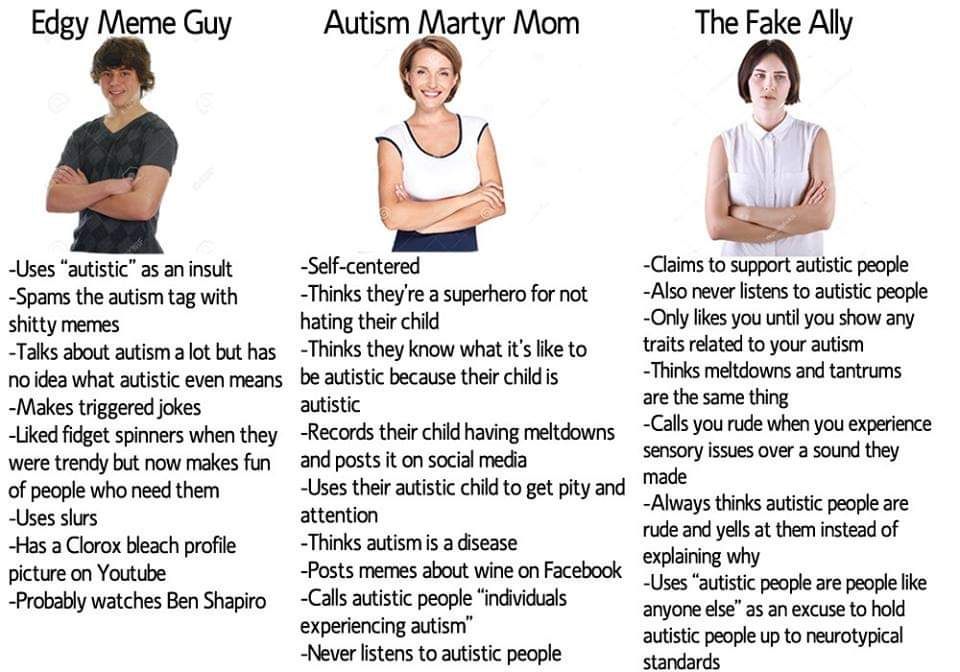 There are people with autism and outstanding abilities, and there are people with severe learning difficulties - and all this is autism.
There are people with autism and outstanding abilities, and there are people with severe learning difficulties - and all this is autism.
Photo credit, Science Photo Library
Photo caption,People with autism process information differently, so we can say that they perceive the world differently
Therefore, scientists talk about a whole group of disorders, and all similar conditions are called "autism spectrum disorders" . (hereinafter referred to as "autism")
When to diagnose? How do you know if a child has a disorder?
There is no special test for autism, and the diagnosis is based on observations of the child's behavior.
According to the International Classification of Diseases (ICD-10) adopted today, autism is not a disease that needs to be treated and can be cured. This is a developmental disorder, a condition that can be corrected with the help of a developmental and educational program.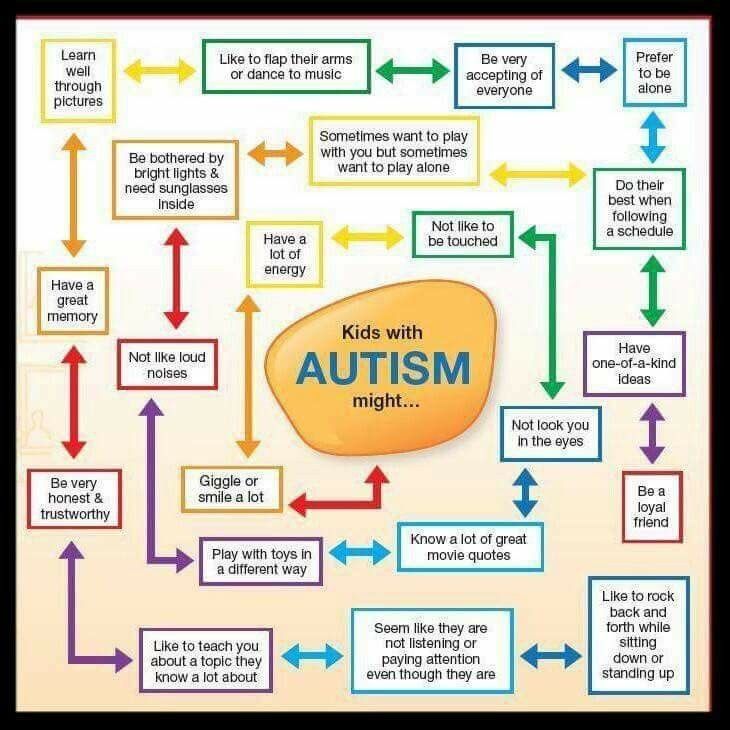
To understand whether there is reason to speak of autism in a particular case, one should pay attention to the set of symptoms known as the "autism triad".
The main behavioral problems that a child may have that are directly related to autism -
- communication disorders
- social interaction disorders
- limited, repetitive behaviors, interests and activities
problems with social and emotional skills, they are often unable to communicate, they sometimes repeat the same sequence of actions, they do not like changes in the daily routine, they do not know how to pretend and prefer to play alone.
Autism in the lens: one day by Ilya
A child with autism sometimes does not use pointing gestures to show his interest in something, but instead of saying something, he repeats the words and phrases he hears.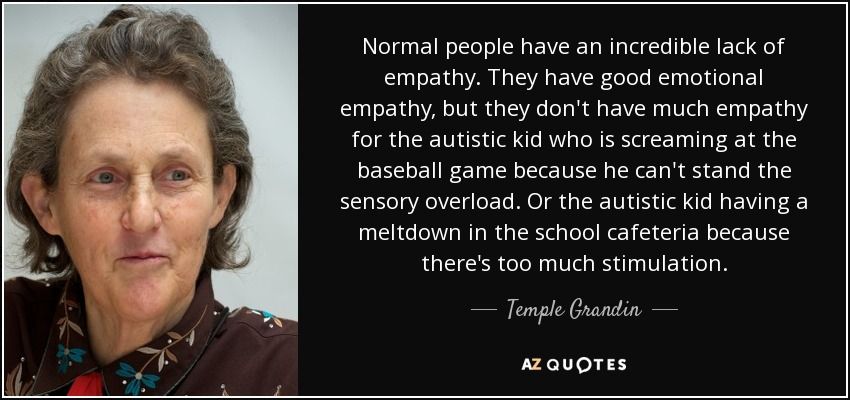
It is worth remembering, however, that autism, as a rather difficult behavioral diagnosis, cannot be made by observing only one parameter: looks / does not look into the eyes, speaks / does not speak.
Image copyright Marla Brose/Zuma
Image caption,Social inclusion and care programs are two main principles
Diagnosis is made only when the manifestation of symptoms affects the life of a child or adult and prevents him from communicating, learning and developing various skills.
Studies show that it is reasonably reliable to make a diagnosis of from the age of one and a half years . The earlier the diagnosis is made, the higher the chance that the child will later be able to adapt to his condition.
What should people with autism be called and why is it important?
It is correct to speak of a person with autism, not "autistic". In this case, we adhere to the principle of "people first" (people first).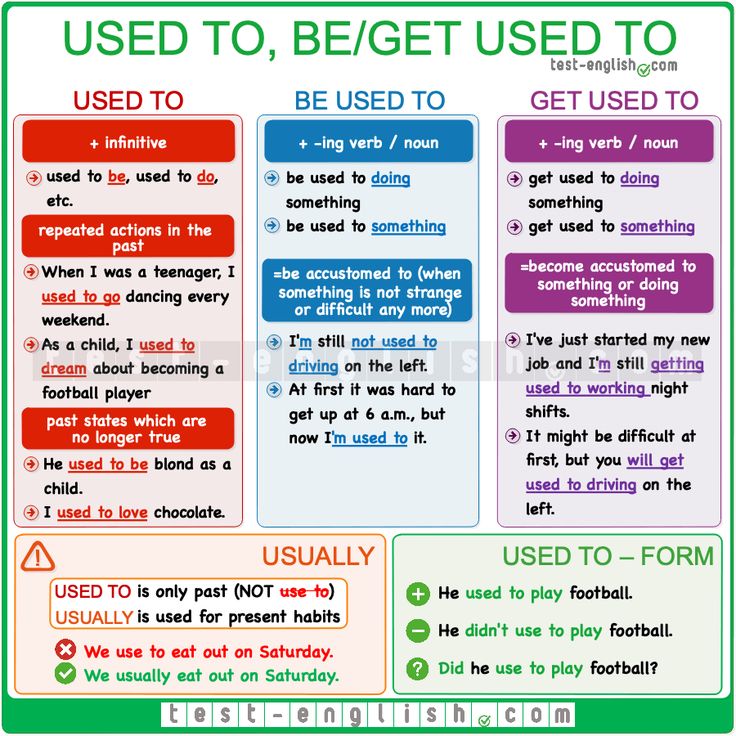
Correct terminology is incredibly important for any person. How we talk about people determines how we treat them.
- Autism through the lens: a father-son project
- Living with autism: my family's story
- Living with autism: is it worth the risk and giving birth again?
First of all, we must see a person with his unique characteristics and needs, and only then - his diagnosis. And it helps to remember that people with developmental disabilities have the same rights - to live in a family, to study, to play, to do what they love - like everyone else.
The myth of genius
Is it true that people with autism are geniuses?
This is one of the most common myths about autism.
Again, people with autism are different. Some have outstanding abilities, but there are also those who have pronounced learning difficulties.
 And all this is autism.
And all this is autism. - Four myths about autism that are long overdue to be dispelled
- The world must adjust to living with autism
Skip the Podcast and continue reading.
Podcast
What was that?
We quickly, simply and clearly explain what happened, why it's important and what's next.
episodes
The End of the Story Podcast
But it is not true that all people with autism are geniuses, although a certain number of people with disabilities do have such abilities.
The point of view according to which they all have cognitive impairments is also incorrect.
Autism - a look at the world from a different angle?
People with autism process information differently, so we can say that they perceive the world differently.

For some of them, this allows them to express themselves in art and achieve success in other areas.
At the same time, autism sometimes makes it difficult to understand social situations, intentions and feelings of other people. This affects the daily communication of a person and his behavior.
What does the world look like through the eyes of a person with autism?
Some adults with autism talk about how they see the world: they are more sensitive to certain sounds and smells.
Others notice details that others don't really care about.
It is more difficult for them to be in crowded places (train stations, shopping centers, stadiums), however, many come up with strategies to get out of difficult situations.
Image copyright, EyeWire
Image caption,Experts say there is no link between vaccination and autism
How can you tell the difference between a child with autism and a child with developmental delays because their parents didn't care for them?
The first thing to remember is that autism does not result from a lack of parental or other caregiver care.
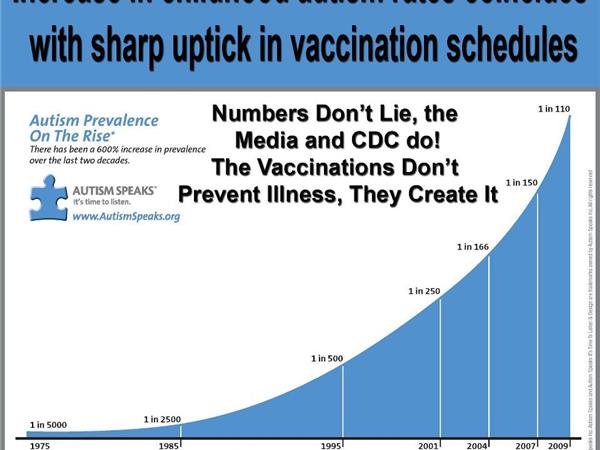 This disorder is biological in nature, and most children with autism develop secure attachments to their parents.
This disorder is biological in nature, and most children with autism develop secure attachments to their parents. Difficulties in children with autism relate to how a person learns, communicates, how the child's brain processes information. They are most often seen 12 to 18 months after birth.
True, it is sometimes difficult to distinguish a child with autism spectrum disorders from a child who lives in a state of severe deprivation (for example, in a children's home or social risk family) at first glance.
Some young children who have not received proper care do not initiate contact with people, do not look in the direction of an adult (as if they are disappointed in the relationship), lag behind in the development of speech, are used to calming themselves (swaying, sucking their fingers, etc.) do not show curiosity.
Experts call such states attachment disorders, but now it is clear that the main reason is not the lack of toys, but the absence of a loved one and the frequent change of adults caring for a small child.

Image copyright, Getty Images
Photo caption,Autism is four times more common in boys than girls transfer of a child from a specialized institution to a foster family.
Is there a cure for autism?
There is no magic pill for autism. To date, in no country in the world there is a medicine that can cure autism.
However, medications are available to help manage some related conditions, such as mood regulation, hyperactivity, depression and attention deficit.
There are also assistance programs that aim to normalize a person's life and include him in society. There is no single support program for everyone, it is important to take into account the characteristics and reactions of the child.
Research shows that early intervention programs that involve the whole family lead to good results.
In the USA, for example, as early as 20-30 years ago, about 75% of children at the beginning of schooling (by the age of 5) spoke little or did not speak at all.
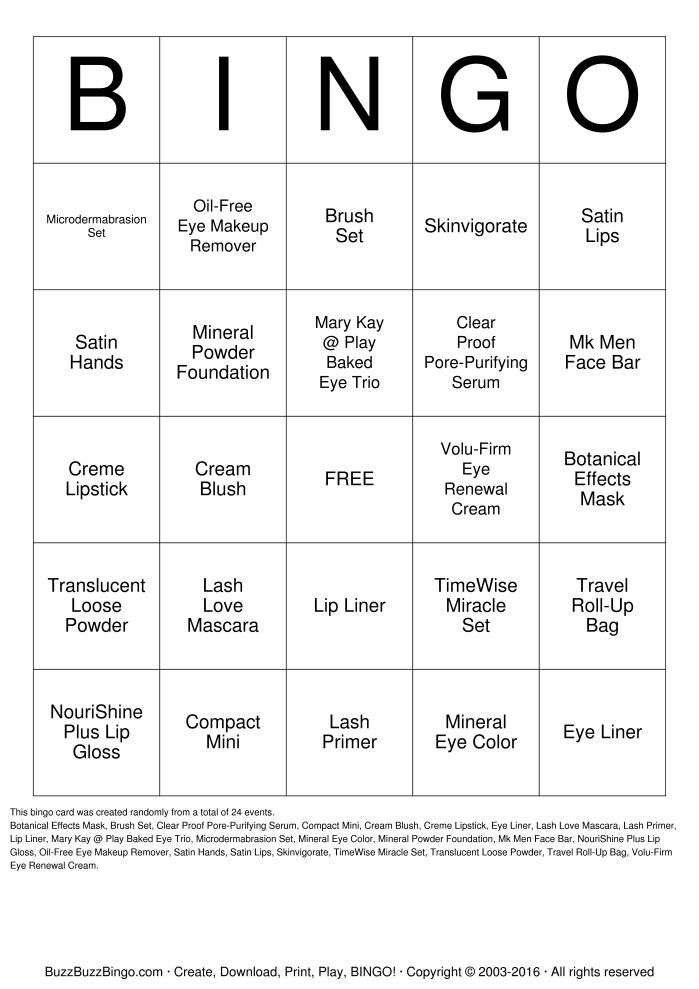 Today, with the advent of effective assistance programs, only 25% of children do not speak by the age of five.
Today, with the advent of effective assistance programs, only 25% of children do not speak by the age of five. Photo copyright, SESAME WORKSHOP
Photo caption,It is important to change the attitude of society towards people with autism. Sesame Street has recently been joined by Julia, who acts like a child with autism.0005
Is it possible completely of to recover from autism?
If you start with your child early, you can achieve impressive results.
Recent studies show that a small group of children (about 10%) who receive early intervention do not show any of the behavioral characteristics that are the basis for a diagnosis of autism.
These are recent findings and require further study.
In most children, the symptoms on which the diagnosis was based persist throughout life, but a program of assistance can correct a person's behavior and improve their life in society.

About the causes
What are the causes of autism? What increases the risk of having a child with autism? Is there any way to mitigate the risks of this?
To date, the cause of autism is still not understood. Studies show that there are a number of risk factors .
- age of parents
- presence in the family of other children with developmental disorders
- taking certain medications during pregnancy
- prematurity
- autism occurs in boys 4 times more often than in girls
that environmental pollution can be considered as one of the risk factors, but so far this has not been fully confirmed by research hypotheses.
It is also known that some genetic syndromes (X-fragile chromosome, Rett syndrome, Down syndrome) are more likely to have autism.
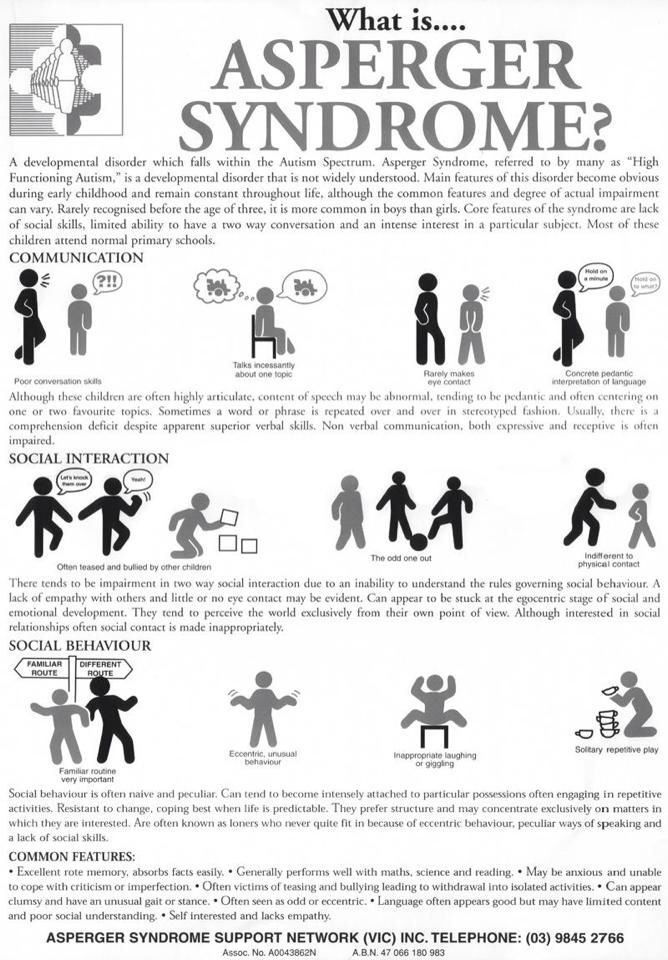
You need to enable JavaScript or use a different browser to view this content
Video Caption,"Awkward Questions": People with Disabilities
Can Autism Develop After a Mumps Vaccination?
The exact cause of autism is still not known, but the connection between it and vaccinations is perhaps the most well-studied topic.
A huge number of studies conducted in different countries on very large samples of people, confidently show the absence of any connection between vaccination and autism .
No association was found between type of vaccination, age at which vaccination was given, number of vaccines, and autism.
What is the reason for the increase in the number of children with autism?
Image copyright, iStock
Image caption,Autism does not depend on feeding type
The world is trying to understand why there is an increase in the number of people with autism spectrum disorders.

One of the explanations is improved diagnostics (clearer criteria for diagnosis, revision of previously made diagnoses).
This may partly explain the rise in diagnoses. Studies are being conducted to determine the risk factors for developing autism depending on environmental factors, but so far no unambiguous data have been obtained.
About social adaptation
How to adapt a person with autism to professional life?
Profession success often depends on social skills that are not developed in people with autism. Therefore, they need professional support and assistance, especially at the beginning of work.
People with autism can be great workers. Their characteristics - attention to detail, dedication, discipline - can be an advantage in a job that requires a high concentration of attention.
How to communicate with a child with autism in the company of friends, is it necessary to be active, ask questions, involve in the game? How to communicate with a child to strangers? What can and cannot be done?
There are special programs to help a child with autism develop social skills, communicate and play with peers.

He is taught to enter into a dialogue and maintain it, to adhere to the rules in the game, to refuse what is unpleasant.
Programs also provide for the education of people who surround the child - both children and adults.
It is very important to give a child with special needs time to process information, not to rush him, to support the initiative. It is better to avoid long sentences and phraseological units.
Is it possible for children with autism to attend mainstream schools?
Many children with autism are enrolled in mainstream schools with very ordinary programs.
Some need only a small adaptation of the school curriculum, for example, the ability to respond in writing if oral response is difficult.
Image copyright, iStock
Image caption,The sooner you start a program to help children with autism, the better the results
Today, experts in the field of child development unanimously say that for a child with developmental disabilities to have a normal life, he needs to communicate with ordinary peers and learn along with them.

The level of inclusive education may vary. For example, children with autism, combined with learning difficulties, may study certain subjects in a special class, but in other subjects (physical education, music, favorite subjects, disciplines that are easier) be among ordinary peers.
It is very important that the children are together at recess, in the canteen, see each other and get used to it.
After all, after leaving school, a child with disabilities will live among ordinary people, and not in a specially organized group.
Image copyright, Science Photo Library
Image caption,Difficulties associated with autism most often become apparent in children between 12 and 18 months of age.
Is autism inherited?
Autism is genetic in nature, but the exact cause of the disorder is not yet known.
Studies show that a child with a disorder is more likely to be born in a family with developmental disabilities.
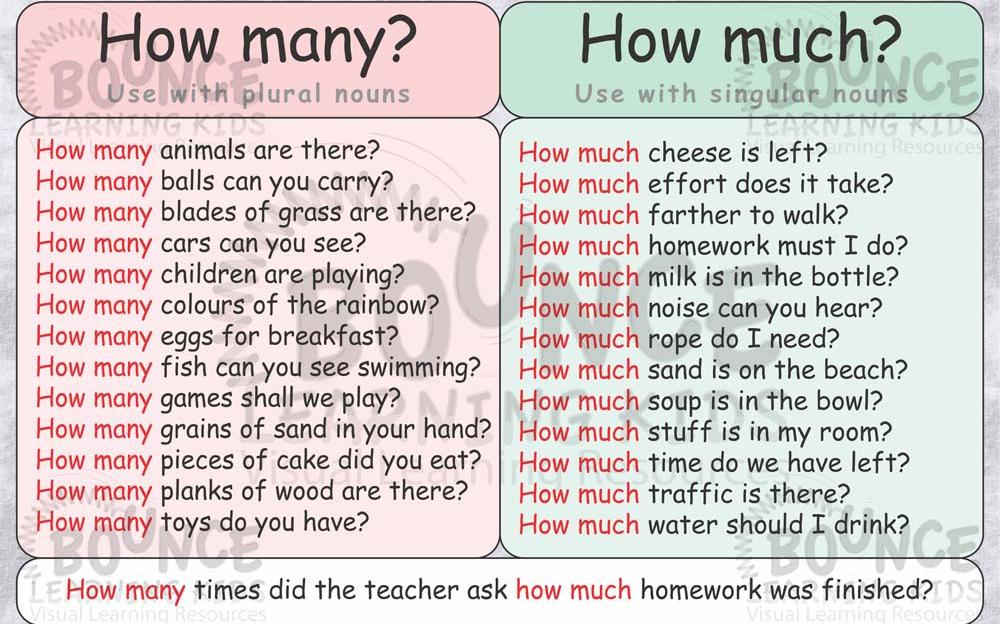 But this is not a clear correlation, but just a slight increase in risk.
But this is not a clear correlation, but just a slight increase in risk. Genetic counseling in family planning can help identify risk for many genetic syndromes, but no specific recommendations can yet be made for autism.
If no underlying genetic conditions are identified, the chance of having a typically developing child is higher than the risk of having a child with autism.
Disclaimer
All information contained in this article is for general information only and should not be taken as a substitute for the medical advice of your healthcare professional or any other healthcare professional. The BBC is not responsible and cannot be held liable for the content of external Internet sites referred to in this material. It also does not encourage the use of any commercial products or services mentioned or recommended on any of these sites. Always contact your healthcare provider if you have any concerns about your health.

“He spoke.” Inspiring stories of autistic children in Kazakhstan: January 20, 2022, 08:42
Can autism in children be cured? No one in the world has yet come up with a cure for this disorder. And only the parents of special children, through their trial and error, figured out what helps and what harms such children. In an interview with a Tengrinews.kz correspondent, they spoke about their history.
Alan was an ordinary child for his two years - he understood what they were saying to him and uttered the words: "Mom, dad, meow, woof-woof, agatay." But one day he seemed to forget everything. Concerned parents began to take the child to the doctors. And in 2018, doctors diagnosed the son of Nurgul Altaeva with ASD when he was 2 years old and 8 months old. At that time, the child did not have an addressed speech, did not respond to his name, did not look into the eyes, was hyperactive, liked to be alone.
"When I remember this, I relive these feelings.
 The feeling of fear and at the same time hopelessness broke me somewhere far away, in the depths of my soul. I did not have the strength to live, everything collapsed overnight. This is a very terrible feeling. let anyone experience this. If I could go back in time, I would advise myself to make a quick decision, not to waste a minute. Actually, that's what I did, "Nurgul shared.
The feeling of fear and at the same time hopelessness broke me somewhere far away, in the depths of my soul. I did not have the strength to live, everything collapsed overnight. This is a very terrible feeling. let anyone experience this. If I could go back in time, I would advise myself to make a quick decision, not to waste a minute. Actually, that's what I did, "Nurgul shared. In her hometown of Kokshetau, Nurgul did not find a place where the child could be cured. Therefore, she moved to Almaty. According to her, they tried all possible methods of treatment. Among them, bioacoustic correction, sensory integration, micropolarization, services of osteopaths, lay in the rehabilitation centers of Almaty and Nur-Sultan, underwent courses of treatment by a neurologist in the complex, as well as herbal therapy, acupuncture, dolphin therapy, magnetic resonance therapy.
"We walked for exactly a year, but the results were insignificant and inconsistent.
 After a while, all financial resources were exhausted, and despair set in. There were a lot of expenses, I got into debt, loans, I sold everything that could be sold. There was a question about the return of the family in Kokshetau,
After a while, all financial resources were exhausted, and despair set in. There were a lot of expenses, I got into debt, loans, I sold everything that could be sold. There was a question about the return of the family in Kokshetau, There was still hope for a free center, we waited for our turn there for 5 months. When we did get there, I found out that my child not only did not speak, but could not do anything at all: he did not look into his eyes, ran, shouted, broke everything, tore, did not sleep, did not eat at the table, could not raise neither arms nor legs when asked. We began to practice and already in the first days we saw improvements, so we stayed, "she said.
According to Nurgul, many parents want to give their child to be cured, but do not think that the problem is not only in the child, but in the whole family.
"Many people now come home and go about their business, watch social networks, and the child simply plays cartoons or educational videos on Youtube.
 But any kid needs parents, their attention, they need to play and play sports. That's what we started to do together with Alan
But any kid needs parents, their attention, they need to play and play sports. That's what we started to do together with Alan Alan resisted at first, crying when asked to do exercises. The same is true for all autistic children. This moment is the hardest. Many mothers believe that this is unbearable and that children are injured by resisting physical exertion, but by leaving children in silence, we doom them to a difficult future in an empty apartment . It is necessary to teach the child to simply hear his mother, react to her, look into her eyes, and resolve issues of behavior," Nurgul said.
Alan has changed for the better in three years of study. But it still cannot be said that he got rid of autistic behavior.
"The happiest moment was when Alan began to repeat the words, we were working in a team, and there were a lot of people in the hall. A girl passed by, and I greeted her: "Hi, Bayan!" - and immediately heard my son repeat behind me loudly: “Hi, Bayan!” I thought I heard it, but Bayan ran up and began to repeat several times, asking again: “He said that, right? Did he speak?" It was happiness to hear the voice of a child, I remember those tears of happiness," she said.

In October of this year, Alan was transferred from an intensive group to an educational project.
"Alan began to learn letters, write and count, play football, play drums, get cognitive knowledge. He sits at his desk like a normal child. I am extremely grateful to the Autism We Win Center and sponsors," she shared.
How often do you look into the eyes of special children?
If the child is not given time, then he begins to roll back. This is what 45-year-old Almaty resident Samal Atygayeva says. According to her, even a week without attention can adversely affect the child. At 2.5 years old, she learned that her son Ali had autism - now he is already 10 years old. But even today, Samal continues to work with him."Ali's hearing is very well developed. He doesn't have a functional speech. But he quickly memorizes words. We develop musical abilities. He plays the piano. It's very hard for him.
 Our children can't deceive. They don't even understand facial expressions, emotions" - said Samal Atygaeva.
Our children can't deceive. They don't even understand facial expressions, emotions" - said Samal Atygaeva. Every autistic child is different. Someone is calm, others often throw tantrums.
"Ali was very hyperactive, tantrums, screams, closed his ears, it was impossible to be on the street with him, we did not leave the house. In society, not everyone knows what autism is, and who knows, they want patience, and some are afraid of us, they say that you walk in public places, well, different people," she said.
Over the years, Samal and Ali have gone through a lot. He says that sometimes he had to give half a million tenge a month for treatment.
"What we just didn’t try. We started with massage, acupuncture, went to an osteopath, got Tomatis sessions for a fee, went to Ukraine to an immunologist, went to Astana, Kostanay, constantly to correctional state centers. We even went to grandmothers, drank weed.
 We've been everywhere. It's very hard, there wasn't enough money," he said.
We've been everywhere. It's very hard, there wasn't enough money," he said. Samal believes that behavioral problems such as self-stimulation, tantrums need to be addressed, and only then can one begin to understand the underlying problems of autism.
"In 2018, we decided to go to the free Autism Center. At that time, Ali didn’t even have a sound, I wanted him to be able to just stand and just sit. We started exercising every weekday. We did exercises, passed through obstacles, played games with all the children.At the same time, they received Tomatis therapy for free.And two years later, he could already listen, see, he already became controllable, his first sounds started coming.Ali has changed a lot, you can’t compare how Ali came and what he has become now. Ali is fully controlled, he sees, hears, his memory has improved, he reads, writes, sings songs very well. He plays African drums, skis, helps in everyday life. At home, the very first assistant, "- she said.

A child with autism can be born in any family. Samal Atygaeva believes that the main thing is not to deny it and understand that this child is special. After that, you need to stop comparing the baby with others and understand that he has his own path. “The main thing is to constantly support him in this way,” she says.
"Everything has changed for us. The lifestyle, rules and discipline in the house have changed. We are honest with him and with ourselves. We do not swear, we always try to maintain a positive atmosphere in the house, we play and study with a smile. You know, I even have such a feeling that we are not changing him, but he came to us to change our lives for the better," she shared.
One of the main problems faced by parents of children with ASD is the lack of specialized institutions and centers for early diagnosis, rehabilitation and correction in Kazakhstan. There is a long queue in all popular and free centers, including the free project "Let's Win Autism" of the Volunteer Society "Mercy" Aruzhan Sain.
 The coordinator of this project, Roza Sazanbayeva, recommends not to waste time in vain. It is better to visit specialists as soon as possible, it is better to ask extra questions to help the child from an early age.Any classes can give results, if not immediately, then after some time.The main thing is not to miss this time, because the older the child, the more neglected his condition, the more difficult get the result and it takes longer time.0005
The coordinator of this project, Roza Sazanbayeva, recommends not to waste time in vain. It is better to visit specialists as soon as possible, it is better to ask extra questions to help the child from an early age.Any classes can give results, if not immediately, then after some time.The main thing is not to miss this time, because the older the child, the more neglected his condition, the more difficult get the result and it takes longer time.0005 "The main thing for parents is to find a center, specialists where parents need to participate in classes, because in order to really help the child, parents must know everything about autism, have skills, since the child spends most of his life, time of the day with his family, and it is at home surrounding relatives and friends can help him overcome his condition, stereotypes, establish social contacts.Our children (with ASD) are most often attached to their mothers and can show their best sides in the presence of their parents.
 And then get used to communicating first with relatives, and then with other people," she said.
And then get used to communicating first with relatives, and then with other people," she said. Roza Ibraevna herself is the mother of a special child. Therefore, a woman knows firsthand about all the problems of autists. Since 2013, when the project appeared, I had to rent premises, the Volunteer Society "Mercy" fund asked for additional rooms in the Palace of Schoolchildren, a gym in the CSK. But there were more and more children, again and again there were not enough places. In 2017, the fund's sponsors donated the building in 1500 square meters, where today more than 120 people work daily.0005
"And now we still have a queue, parents apply, as there are more and more children. If we accept a child into the program, then he will definitely work with mom or dad, do homework every day, as this is an integral part of rehabilitation. The term of classes is not limited in time, since an individual approach is required for a sustainable result, classes in full for as long as necessary.
This is the difference between our center, in many others there is a course - 1-3 months, after which new children are accepted. And to solve behavioral problems in order to work effectively with a child, then step by step to overcome autism, it takes months and years.Therefore, there are results, and our children begin to speak, develop, can acquire knowledge - colossal work is the key to success.We are helped in this our sponsors, the general partner of the project is the Samruk Kazyna Trust Fund, we pay salaries to our employees at the expense of sponsors. The state trained specialists in the required quantity, developed a clear roadmap that would help parents identify symptoms at an early stage at the expense of budgetary funds, then send them for examination, for rehabilitation to specific centers that would be funded by the state program. So that parents don’t rush about like this everywhere, sometimes all over the world, and spend their money, sometimes to no avail in the end. There should be a clear plan for where the child should go in the healthcare system, then connect pedagogical services, how to study at school, where he should work after school, so that he is adapted to real life.
The parents of our children with autism, cerebral palsy, down syndrome are afraid to die, how your child will live when, having become an adult, the world around is not adapted for him. For many, then there is only one way - a home for the disabled, a psychiatric hospital ... "- she says.
Roza Ibraevna believes that each child with autism needs a special approach and its own development program, because each case is individual.
"It is advisable to contact several specialists in order to make a more accurate diagnosis. Today you have to stand in line at different centers, you need to act, search, and this takes precious time. As a rule, many of us who apply have already gone through many centers, took children abroad.It is difficult to study on your own if you are not prepared.Women have a lot of household duties at home, and you need to be in constant contact with the child, you need to constantly study, and the support of all family members is extremely important.
Often, close relatives, instead of helping, begin to regret or It is very hard to demotivate parents. If grandparents, uncles, aunts do not want to help, support, then at least they do not interfere. Our parents-mothers themselves participate in all classes, they learn every day, gain experience. They teach their other children to contact and help a brother or sister.They do a great job, the success of the children is their merit!And many of them eventually become tutors in our center," said Rosa Ibraevna.
To determine if a child is suspected of having autism, use the M-CHAT-R test, a questionnaire that only takes a few minutes to complete but can show if there is reason to be concerned about a child with autism.
According to Roza Ibraevna, in Kazakhstan the number of autists is constantly growing exponentially in the world, already every 66th child suffers from autism. But the ideal treatment for autism has not yet been found and the reason why it appears at all.
"There are a lot of methods in the world for working with autistic people. But, having vast experience, I can say one thing - everything works only in a complex - different methods, mandatory physical activity, more efforts for the development of children than with an ordinary child. Our approach is based on an integrated approach, including the work of Russian scientists Alexander Luria and Lev Vygotsky.We have built a daily schedule of classes for children - from exercise, to a speech therapist, Montessori, sensory integration and sensorimotor correction classes, speech development, Tomatis therapy, educational classes on school curriculum, conscious reading, different types of arts, such as fine arts, vocals and music, sports, and even a theater studio... That is, a holistic approach to getting children out of autism, and then we plan to create a center for preparing adults with autism for employment, this is our dream !" she said.
Recall that Kazakhstanis who moved because of bad ecology told about life abroad.
